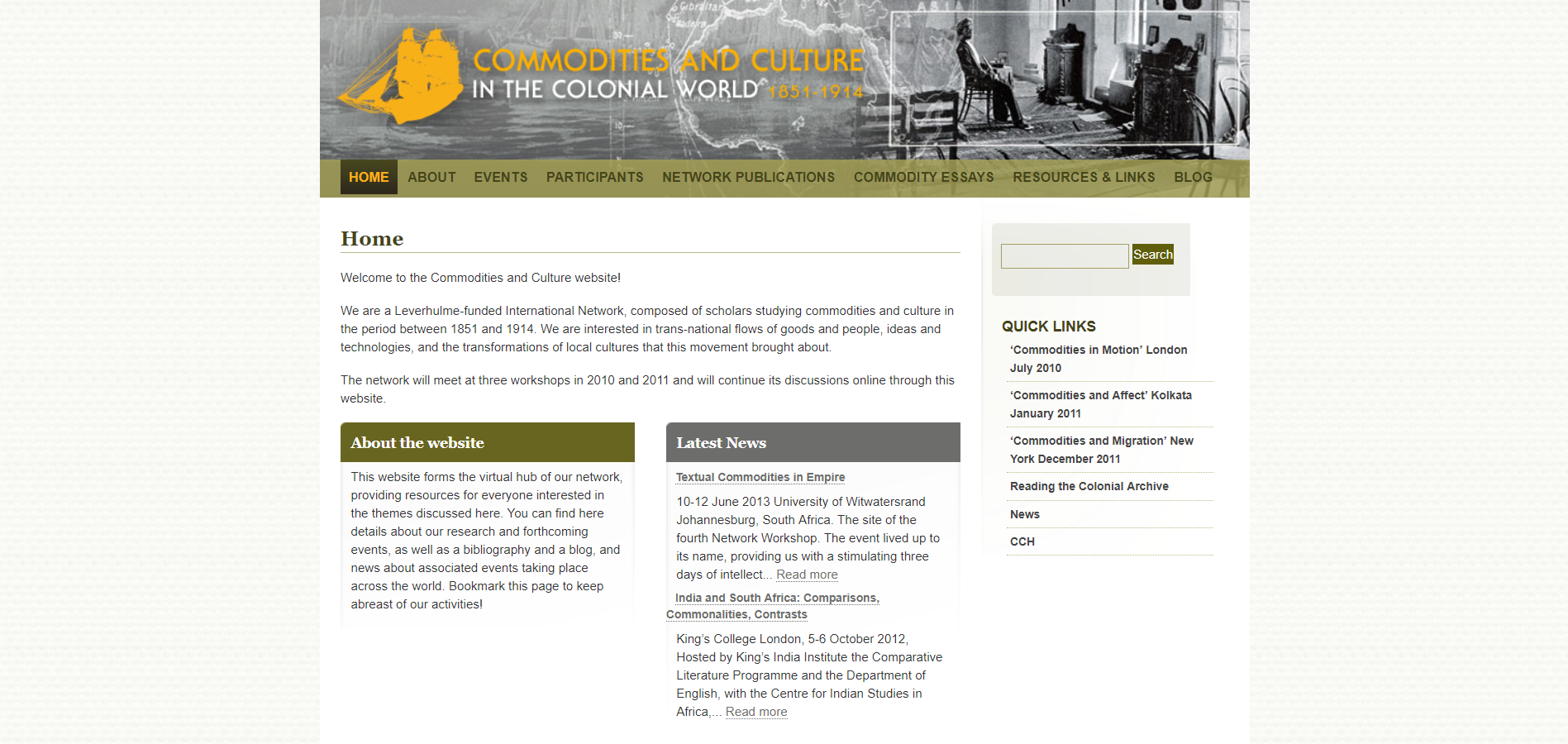This site has been archived as part of King's Digital Lab (KDL) archiving and sustainability process, following background analysis and consultation with research leads wherever possible.
Project content and data has been stored as a fully backed-up Virtual Machine and can be made available on request (depending on access controls agreed with the Principal Investigator) for a period of at least 2 years from the decommissioning date indicated below.
If you have an interest in this project and would like to support a future phase please contact us by filling in this form.
At its inception, KDL inherited just under 100 digital research projects and websites. Aware of the intellectual and cultural value of many of these projects, with the support of the Faculty of Arts and Humanities at King’s College London, KDL took on its responsibility to the community to steward them in a responsible manner. When the options of setting up a Service Level Agreement for further hosting and maintenance with KDL and/or undertaking migration to IT Services at King’s or other institutions were deemed infeasible or inappropriate, the archiving process was initiated.
We would like to thank research leads, the Faculty of Arts and Humanities at King’s College London, and partner institutions, for their support in this process.
For further information on KDL archiving and sustainability process see:
Josephine McDonagh
October 2018
http://commoditiesandculture.org/
A Leverhulme Trust International Network
The aim of this international network was to analyse and understand the transformation of local cultures in the context of trans-national interaction between 1851 and 1914. In this period trans-national contact intensified in the context of factors such as increased demographic mobility, free trade, the accelerated production and consumption of new kinds of goods, technological innovation, and new modes of print, publication and communication. By looking at the processes of commodity production, transportation, and consumption, and the flows of knowledge, technologies, and materials both within local contexts and through the intercontinental networks that linked them, we wished to analyse the distinctive ways in which cultures responded to their new conditions.
The network brought together an international group of scholars who work on different geographical locations, and who take diverse yet complimentary methodological approaches. The core of our group is based in literary and cultural studies, yet all of us build on the insights of historians, anthropologists and geographers, and all study the impact of colonialism, emigration, and global trade on texts and artifacts produced and consumed across the world. The network would enable an interdisciplinary, intercontinental exchange of expertise, and provide a context in which to examine the methodological models and conceptual frameworks that operate within our own and other disciplines.
In order to produce a more extensive coverage than has been attempted hitherto outside single-discipline approaches, we concentrated attention on five world cities – London, New York, Kolkata, Sydney and Cape Town. All were significant administrative and cultural centres, centres of communication, trade and transportation, and all were hubs within and between complex regional and international networks.
We identified three topics judged to be richest in terms of current work, and with greatest potential to develop new directions for the discipline: Commodities in Motion; Commodities and Affect; and Production, Consumption and Population Flows. These provided the focus for three sequenced international workshops. We also hosted a training workshop for postgraduates and early career researchers in methods and techniques in the colonial archive.
